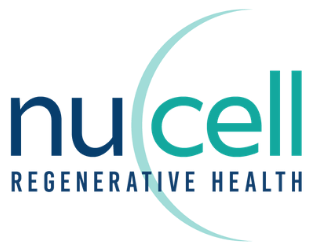Why has Intravenous (IV) vitamin and micronutrient infusions gained popularity in recent years?
Often marketed as a way to boost energy, improve health, and treat a variety of conditions. The scientific evidence supporting many of the claims made about IV infusions potential benefits associated with their use are listed below:
Rapid Nutrient Absorption: IV infusions allow for direct delivery of vitamins, minerals, and other nutrients into the bloodstream, bypassing the digestive system. This can result in more rapid absorption and higher bioavailability compared to oral supplements.
Rehydration: IV infusions can be a quick and effective way to rehydrate the body, especially in cases of dehydration due to illness, strenuous exercise, or excessive alcohol consumption.
Improved Nutrient Status: Individuals with certain medical conditions or malabsorption issues may benefit from IV infusions to correct nutrient deficiencies. For example, individuals with vitamin B12 deficiency, iron deficiency anemia, or certain gastrointestinal disorders may require IV therapy.
Enhanced Immune Function: Some proponents claim that high-dose vitamin C infusions can boost the immune system and may help in preventing or managing certain illnesses, but the evidence supporting this is inconclusive.
Energy Boost: Some people report feeling more energized and alert after receiving IV vitamin infusions. This may be attributed to the rapid delivery of essential nutrients, though results can vary.
Hangover Relief: IV infusions, sometimes called "hangover cures," are marketed as a way to alleviate the symptoms of alcohol-induced dehydration and nutrient depletion, potentially reducing the severity of hangovers.
Support for Specific Health Conditions: IV infusions are sometimes used as a complementary therapy for certain medical conditions, such as chronic fatigue syndrome, migraines, and fibromyalgia. However, the evidence for their efficacy in these cases is often anecdotal and not well-established.
Expense: IV infusions are generally not covered by health insurance but can be paid using a medical Flexible Spending Account or FSA/HSA.
Safety: IV infusions will be administered by our trained medical professional to reduce the risk of complications, such as infection or vein damage.
Before considering IV vitamin and micronutrient infusions, it's important to consult with our healthcare professional to determine whether they are appropriate for your specific health needs.
